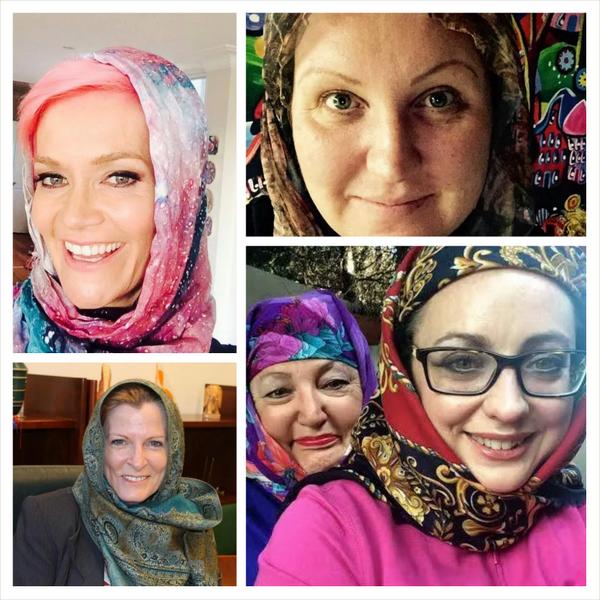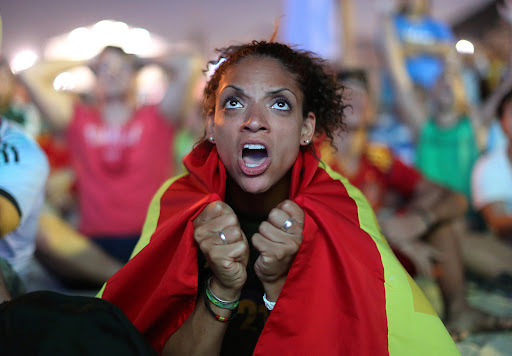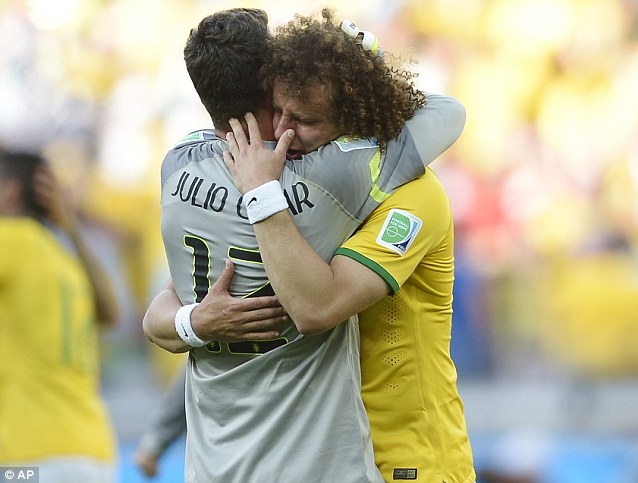Ah, it seems sometimes I avoid writing because I am a little afraid of what will come out when I start...
Oh Sudan, how you tear me in two.
***
I just got back from a whirlwind trip to Sudan, the land of my birth. I was there for a total of 4 full days; three days and two half days. If you consider all the flying, I was almost in the air as long as I was on the ground. I returned for the weddings of cousins and to see my Grandmother, a lady who I have lived with and who has taught me so much (the School of Life, as she refers to it).

As the plane came in to land (Alhamdulilah), I thought of the last time I was in Sudan. Coming out of university, going to study Arabic: it was a time of hope, of growth, of the Arab Spring, of something new and exciting. They were memories of rose tinted (or sand blasted) glasses, gleaming with the nostalgia of a time gone by, before #riglyf or the ruin of Syria...
It was not until my return to the hustle and bustle of the extended family home, the dramas surrounding preparations for the weddings or the two hours the hairdresser berated me for the state of my hair (HOW DARE YOU LEAVE IT CURLY?! Don't you know a woman's hair is the crown of her beauty? Don't you want to be beautiful?! How do you think you will find a man? Don't you want to feel attractive?) that the other memories of Sudan began to resurface.
(My favourite comment the hairdresser made: Oh look, I know you think you're an engineer and you're with all these men so you shouldn't take care of yourself, but girl, don't kid yourself. Men want a womanly woman. Just remember that. When I made noises about having a man not being the most important thing in my life, she fell quiet for a few minutes. A few blissful minutes of peace, before the barrage began again, with a different tact: Didn't I want to show everyone else in the house I could be beautiful? I could only muster and agreement-sounding moan).
Returning to the other memories of Sudan: although I'd forgotten, it was the only time in my life that my actions were constantly not enough, not right, not adequate - in a big way. Having not been brought up in Sudan but being of Sudanese origin, I was expected (by this age) to espouse the 'correct' and perfect Sudanese way of being a woman. This, as hard as I might, was not yet achieved. Sure, if I worked at it as hard as I did my engineering degree, I'd probably be a hell of a lady by Sudanese standards, but to be perfectly honest - it just didn't rate with the priorities. That doesn't stop the judgement though...
What were these 'correct' rules that were meant to be espoused? Some simple examples include:
- To make the perfect cup of tea (when to serve, how much sugar, how much to pour, the correct herbs to be added and to do it all with the utmost grace and such),
- To look like the perfect lady (preferably short, thin, not too thin as to look malnourished because that is undesired but not too large as to look like you weren't in control of your portion sizes (and definitely not muscled, lord, that was for men!), with neat manicured nails, smooth, moisturised skin - the whiter the better - with as few markings as possible, straight hair that would be coiffed into rolling curls and once whooshed out of the hijab it had been covered in under 40 degree heat all day, would gleam like the sun and smell like fairies; make up that looked good but not too fake, henna that was done well and not fading, clothing that was attractive but not too tight and shoes that were classy but would withstand the mud... you get the gist)
- To be able to cook, well (No elaboration necessary. Isn't this a prerequisite for every culturally diverse woman?)
- To be interested in womanly things, not politics and cars and football and engineering and the things that were reserved for men...
- To be the a witty conversationalist but also to talk about polite topics and not stray into overly satirical humour (not sure it translates...)

Alas, I may be being somewhat facetious.
However, the truth of the matter (as far as I can see) is this...
Sudan, north Sudan in particular, is a deeply traditional, communal society. Societies that are tribal and based on community in the way that the Sudanese are can often be deeply judgemental. In this world, a woman's reputation is her only weapon, her beauty of uptmost importance and her ability to hold a household and care for a family paramount.
Many of the things I have learned to value here in Australia - the community work, the breaking of the barriers in the industry I work in, the influence in public conversations - yes, that is of passing interest to the families in Sudan, but really, honestly?
It doesn't rate in comparison.
So I go from being someone who is confident in their ability and place in the world to someone who feels like they don't know the rules at all really, and the rules I do know, I don't adhere to very well at all.
The kicker? This is supposed to be where I am from. This would be where I was from, if my parents hadn't decide to make that audacious journey to the other side of the globe in 1992.
So, Sudan is a place where I feel I have roots - deep roots - my only roots.
It is a place I feel I must
Yet although I know I must learn to love Sudan, because it is a place that keeps me grounded and connected, it is also a nation that makes me feel judged and inadequate. It is a place whose values and traditions I know I should espouse, and yet, I find myself disagreeing with. The issue then becomes that yet if I reject these based on the Australian values embedded within me, well it means I am then becoming 'westernised'.
'Westernised' being synonymous with losing my identity, not being 'true or genuine', or almost taking the side of the oppressors. It isn't a rational fear, as those aren't all rational reasons or statements, yet, somehow, it is there.
The implication is that somehow, by trying to be different, I am implicitly forsaking my Sudanese identity and redefining myself as a true coconut - black on the outside, white on the inside. The implication is that taking the identity of the 'white' and the associated individualistic, capitalist nature, is clearly the wrong thing to do.
It can't be.
I am Australian, Muslim, born in Sudan with mixed heritage. I get to pick and chose what I want to take on, right? Yet, every time I go back, I feel guilty about my choices.
Why? I don't know, but this cannot go on...Surely, something has to make it through this madness.
You see, even by calling it madness, I am wracked by guilt. Doesn't Sudan have enough haters, my conscious asks me. Do you really need to be like all the others and hate on it as well? What makes you any better than all of them... why aren't you backing Sudan?
My conscious can be a right burr sometimes.
Oh Sudan.










 It wasn't supposed to be like this, was it.
It wasn't supposed to be like this, was it.









